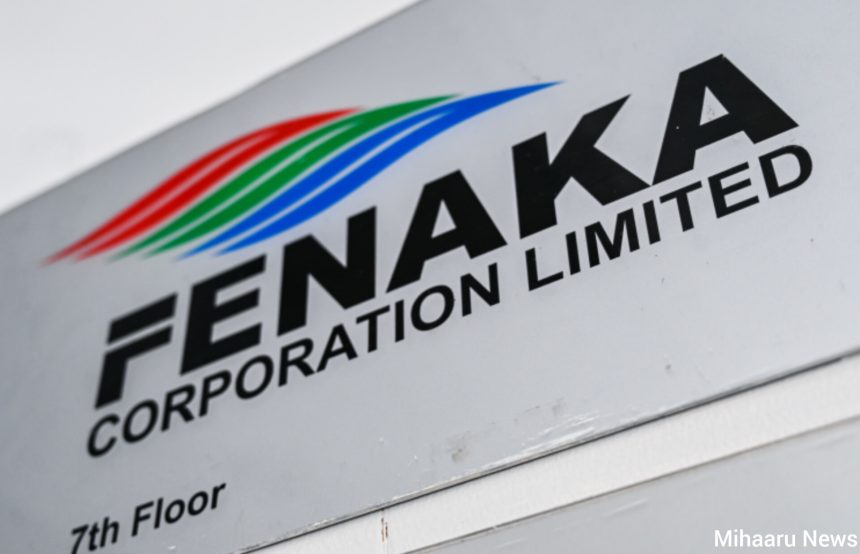A recent audit has revealed extensive corruption within the Addu City branch of Fenaka Corporation, a state-owned utility provider in the Maldives. The Auditor General’s Office reported that mismanagement and fraudulent activities have led to a financial loss exceeding MVR 76 million for the company.
The audit focused on four major infrastructure projects undertaken between 2021 and 2024: the development of a central powerhouse and new office buildings in Hithadhoo, Maradhoofeydhoo, and Hulhumeedhoo. While MVR 117.5 million has already been spent, an additional MVR 68.5 million is required to complete these projects, surpassing the initial budget of MVR 109 million. This discrepancy indicates a total loss of MVR 76.9 million due to inefficiencies and potential corruption.
The audit also uncovered several irregularities, including:
- Transfer of company petty cash to personal accounts of employees.
- Procurement of materials from businesses linked to employees’ families.
- Use of forged documents to withdraw petty cash.
- Failure to track details of employees brought in from outside the city.
- Premature purchase and improper storage of perishable items.
- Unauthorized promotions and permanent appointments of employees.
- Rental of goods at a loss.
- Revenue being deposited into personal accounts of employees.
- Payment of GST to a company not registered for the tax.
- Failure to collect MVR 77 million owed in electricity and water bills.
- Unreported loss of cables.
- Water leakage amounting to MVR 9 million.
- Failure to ensure the quality of water supplied.
In response to these findings, the Auditor General’s Office has recommended disciplinary action against the employees involved and advised that the case be referred to the Anti-Corruption Commission (ACC) for further investigation.
Fenaka Corporation has faced multiple allegations of corruption in the past, including overstaffing and awarding projects to benefit the government at the time. Some senior officials have faced prosecution over these issues.
The recent audit underscores the need for increased transparency and accountability within state-owned enterprises to prevent further financial losses and restore public trust.




